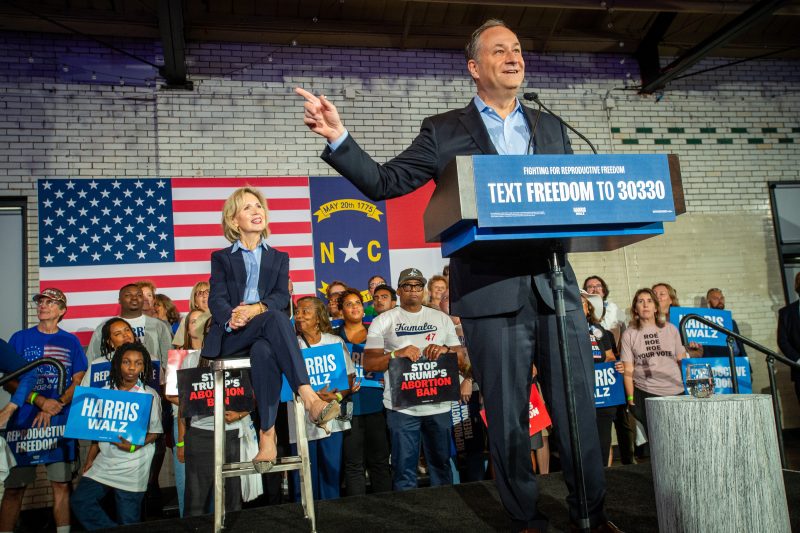The Role of Spouses in Political Campaigns
In the realm of politics, the role of spouses can often be just as crucial as that of the candidates themselves. While the spotlight tends to shine brightly on the political figures seeking office, their partners play a significant behind-the-scenes role in shaping public perception, garnering support, and influencing voter attitudes. This has been evident throughout history, with various spouses making their mark on campaigns and even influencing policy decisions once their partners are in office.
One prime example of this is Doug Emhoff, the husband of Vice President Kamala Harris. Emhoff has been a prominent presence on the campaign trail, attending events, participating in interviews, and engaging with voters to rally support for his wife’s candidacy. His charisma, relatability, and genuine advocacy for Harris have helped humanize her public image and connect with audiences on a personal level. Emhoff’s active involvement in the campaign has not only boosted Harris’s appeal but has also showcased the strength of their partnership.
On the flip side, Melania Trump, the former First Lady of the United States, took a more subdued approach during her husband’s presidency and re-election campaign. While Melania made occasional appearances at political events, her public presence was often overshadowed by controversies and scrutiny over her actions and statements. Her relatively low-profile stance in comparison to previous First Ladies raised questions about her influence and impact on Donald Trump’s administration and electoral prospects.
The differing approaches of Emhoff and Trump highlight the varying strategies that spouses can employ in supporting their partners’ political ambitions. While some opt for active engagement and public visibility to bolster their partner’s image and campaign efforts, others may choose a more reserved and private role to avoid the pitfalls of public scrutiny and maintain a sense of independence. Ultimately, the decision on how involved a spouse should be in a political campaign is a personal one, shaped by individual circumstances, preferences, and considerations.
Beyond serving as campaign surrogates, spouses of political candidates also play a crucial role in shaping the narrative and values of their partners’ campaigns. Their backgrounds, experiences, and personal stories can resonate with voters and provide insights into the candidate’s character, values, and priorities. By showcasing a strong and supportive partnership, spouses can help humanize the candidate, build trust with voters, and convey a sense of unity and stability that can resonate with the electorate.
In conclusion, the role of spouses in political campaigns is multifaceted and can have a substantial impact on the outcome of elections. Whether through active engagement on the campaign trail or by embodying the ideals and values of the candidate, spouses play a vital role in shaping public perception, garnering support, and influencing voter attitudes. As we navigate the complexities of modern politics, the partnership between a candidate and their spouse remains a fundamental aspect of the electoral process, showcasing the power of unity, support, and shared vision in driving successful campaigns.

